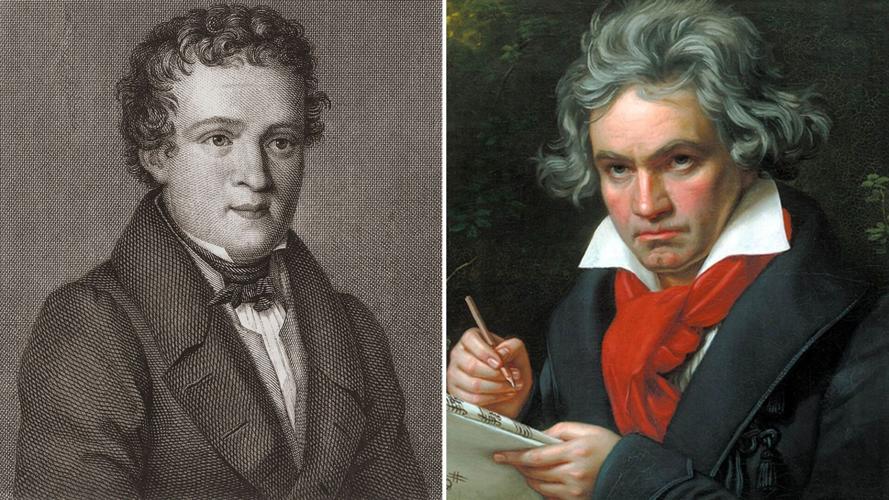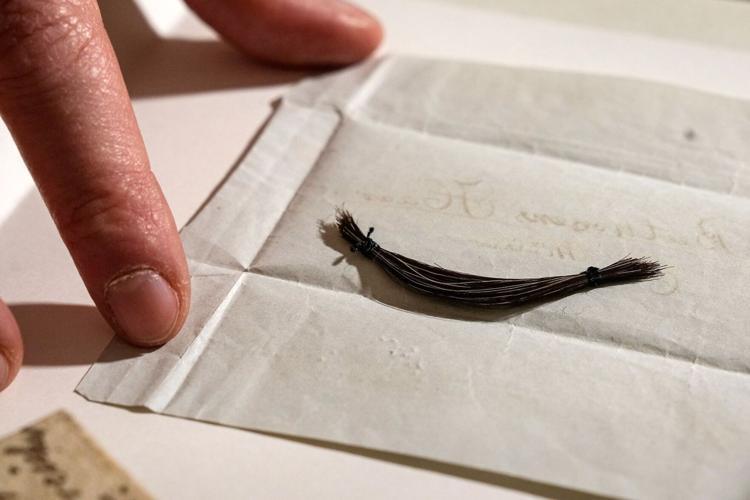
An ailing, tortured composer
Historical mysteries solved by science in 2024
- By Ashley Strickland, CNN
Classical composer Ludwig van Beethoven died at 56 in 1827 after a lifetime of ailments including deafness, liver disease and gastrointestinal complaints. The composer expressed his wish that his ailments be studied and shared so “as far as possible at least the world will be reconciled to me after my death.”
In May, researchers published a study showing high levels of lead detected in authenticated locks of Beethoven’s hair and suggested the composer had lead poisoning, which may have contributed to his recurring health woes.
The findings built on previous revelations after Beethoven’s genome was made publicly available to investigate the complicated nuances of his health.
In addition to lead, Beethoven’s locks also contained increased amounts of arsenic and mercury — but how did they get there? The substances were likely from an accumulation of a lifetime diet of fish from the polluted Danube River and plumbed wine, which was sweetened and preserved with lead.
The new findings add to a better understanding of the composer as well as the complex, sweeping symphonies he left behind that orchestras still play around the world.
“People say, ‘The music is the music, why do we need to know about any of this stuff?’ But in Beethoven’s life, there is a connection between his suffering and the music,” William Meredith, Beethoven scholar and study coauthor, said in May.
https://www.wsiltv.com/news/historical-mysteries-solved-by-science-in-2024/article_2e8a3d63-d5ef-5d2c-8651-4630161fb430.html


Comments